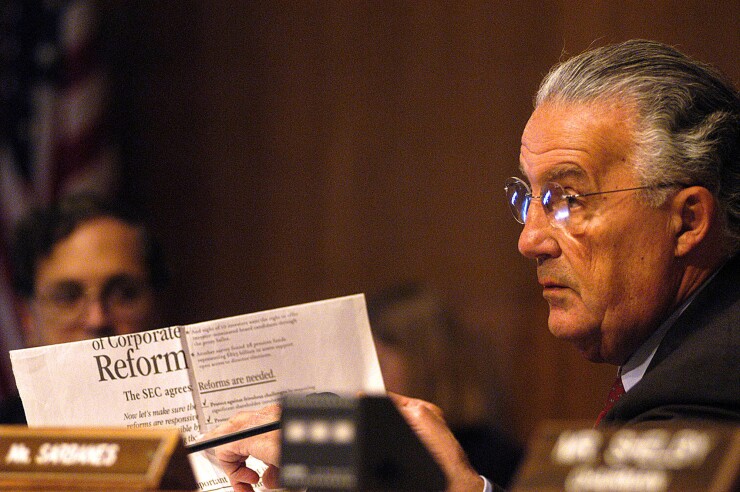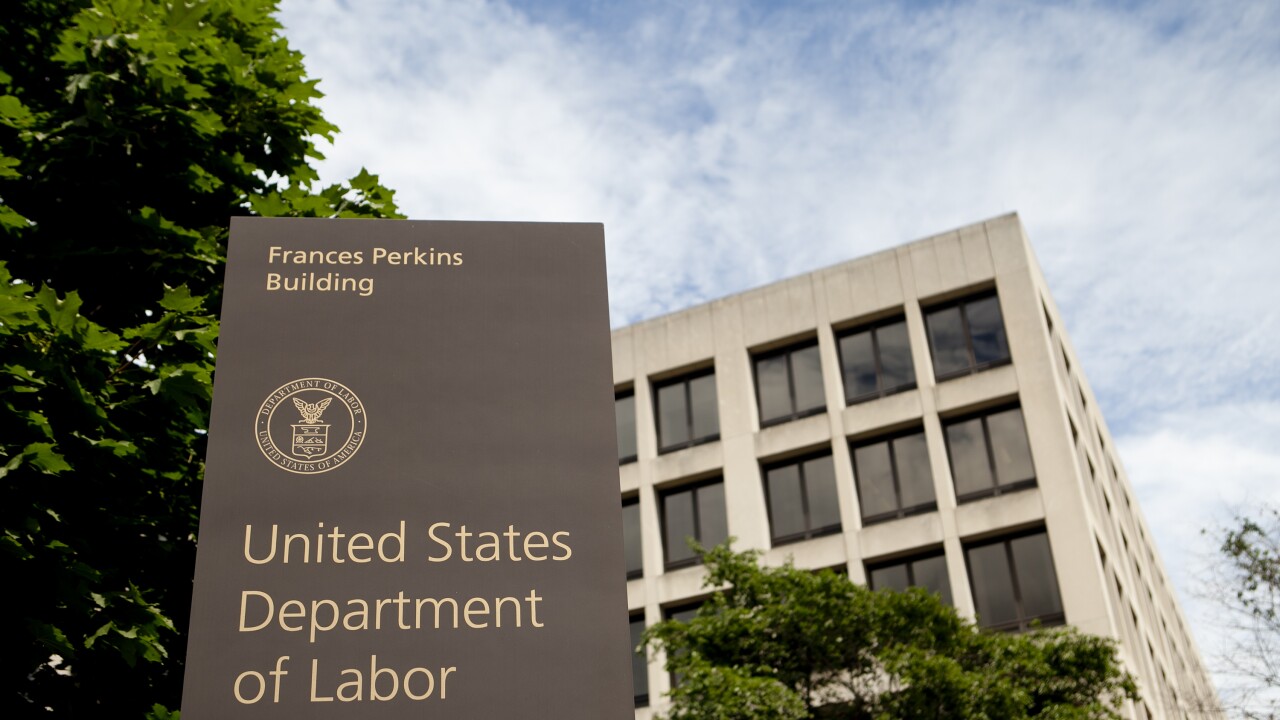Auditing firms that tend to find material weaknesses in companies’ internal controls are seen as less attractive in the audit market, according to a new study.
The study, by Stephen P. Rowe and Elizabeth N. Cowle of the University of Arkansas, looked at 13 years of data from 885 local offices of 358 audit firms in the U.S., and found offices that reported material weaknesses in internal controls over financial reporting for one or more clients in the course of a year saw their average fee total in the following year grow by about 8 percent less than would have been the case had they issued none. That decline was in addition to lost fees from clients who were found to have internal control material weaknesses, or ICMWs, and responded by switching auditors, which was something that companies tagged with ICMWs were often found to do by the researchers. They are presenting their study, entitled "
The requirement for auditing internal controls over financial reporting is mandated by the Sarbanes-Oxley Act of 2002, but efforts are underway at the Securities and Exchange Commission to relax the requirement for smaller companies. In any case, the researchers note that flagging material weaknesses in internal controls are exactly what auditors are expected to do, and they shouldn’t be penalized for doing their jobs.
“The issuance of an ICMW should neither impair the issuing auditor’s reputation, nor deter clients from selecting auditors with a history of issuing ICMWs," wrote Rowe and Cowle. If auditors who uncover material weaknesses are perceived as less attractive in the audit market, they added, that “disincentivizes auditors from disclosing internal-control information that could make their clients look bad.”
Even companies who receive a clean bill of health on their internal controls may decide to avoid an audit firm that tends to flag material weaknesses.
“The issuance of an ICMW affects auditor selection and retention decisions even among clients that do not receive an ICMW," said the study.
“What our research measures is reputation,” said Rowe. “When an auditor issues an ICMW opinion, word gets around. … In the informal conversations we have had with practitioners, we’ve often found they already had a notion of what we document. In other words, what we've been the first to do in this study is provide confirmation on a large scale for what is already part of the day-to-day calculus of many in the audit profession.”

For the study, the researchers analyzed approximately 5,000 office-years’ worth of data from 2004 through 2016, starting with the first year when opinions on internal controls became available after passage of Sarbanes-Oxley. On average, approximately 25 percent of the firms issued at least one material weakness opinion per year. Since only offices with more than three clients were included in the sample, one ICMW opinion could affect as many as 25 percent or as little as 2 or 3 percent of a firm’s clients.
Even in fairly large audit firm offices, the study's results suggest a considerable negative effect from a single material weakeness opinion. For example, in one year the San Francisco office of one Big Four firm issued no ICMW in the 12 public audits it conducted, while the office of another Big Four firm in the same city reported one ICMW in 26 public audits. The following year, the former firm issued 14 audit opinions, an increase of about 17 percent, while the latter’s drop in business indicated that it issued 21 audit opinions, a drop of nearly 20 percent.
Along with uncovering significant negative impacts on client numbers and fees in the year following as little as a single ICMW report, the researchers found both impacts worsened even more when an office issued two or more such reports; when ICMWs were issued for large companies (with higher market capitalization, and probably more visibility, than the median of an office’s clients); and when ICMW reports involved multiple issues (they found the more issues, the more negative the effect).
Rowe and Cowle also discovered that companies in the sample who switched offices mostly migrated to auditors with lower incidences of ICMWs; that the ratio of clients with high F-scores (that is, with heightened likelihood of manipulating or misstating earnings) tended to drop when an office issued an ICMW; andthat the negative after-effect on office business of ICMW opinions persisted beyond the subsequent year to a second year before apparently petering out.
Seventeen years after enactment of Sarbanes-Oxley, the study raises some doubts about SOX as well as about the Public Company Accounting Oversight Board's recently requirement for auditors to include a discussion of critical audit matters in their audit reports, which the researchers see as having evolved from SOX.
“Sarbanes-Oxley represented the principal legislative response to a severe crisis not only for the accounting profession, but for the free-market system," said Rowe in a statement. "While some studies have found SOX to be of value, the issue, as this study suggests, is far from settled. To anyone who believes in the free-market system, this needs to be concerning.”





